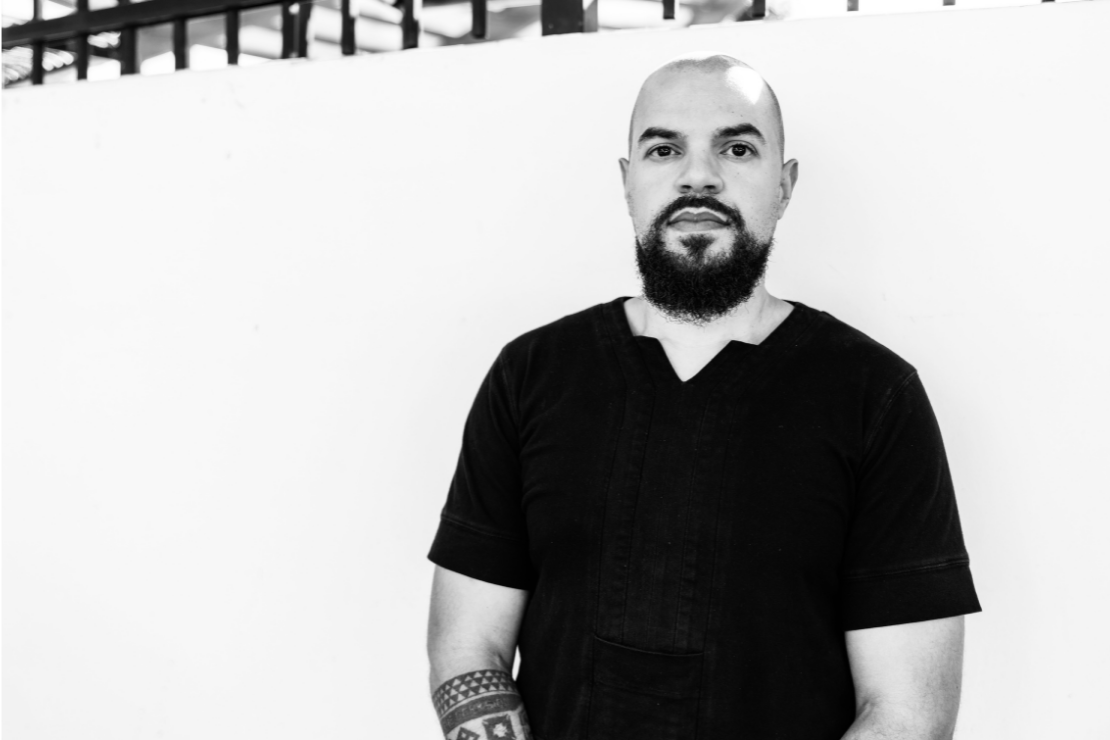5 Questions with Tré Baker, Managing Director of the Build in Tulsa Techstars Accelerator
Mar 07, 2022

Tre Baker is the Managing Director of the Build in Tulsa Techstars Accelerator. He is a serial entrepreneur, investor, non-profit founder, and author of In The Black 2050: a model for Black economic leadership in the 21st century. Born and raised in Louisville, KY, Tre is a graduate of Vanderbilt University and Harvard Business School. His corporate experience includes various roles at Brown-Forman, and renewable energy commercialization at GE Energy. As an entrepreneur, he has founded/operated several companies in consulting, e-commerce, cpg, entertainment, biofuels, and blockchain. As an angel investor, Tre has built a portfolio of over 80 startups and counting.
01. What are you looking for in startups for the Build in Tulsa Techstars Accelerator?
In terms of industry focus, we are essentially agnostic. I have some industries that personally interest me more than others, but my intention is to not let that be a barrier to prevent anyone from applying. Instead, the Tulsa program will focus on pre-seed and even idea stage companies using an approach more similar to a venture studio than a traditional accelerator. Essentially
Outside of government policy, I believe innovation has the best chance of creating and accelerating positive change, whether it be around reducing inequality, addressing climate change, increasing standards of living, affordable housing, food/water security, etc. So I look at potential impact in addition to potential economic value. Beyond that, I still hold on to the model I learned way back in business school…P.O.C.D.:
People: Are the people involved capable, experienced, and trustworthy? This is the most important. I want founders who are highly adaptable, have a high work ethic, eagerness to learn, and can quickly synthesize new information, coaching/advice, and customer feedback to improve the product and customer experience. I like to see evidence of the ability to execute and recruit people to a mission, even if a founder is a first-time entrepreneur.
Opportunity: Is the opportunity attractive from a product-market fit, total addressable market, and defensibility perspective?
Context: Factors that affect the outcome of the opportunity, but are generally outside management’s direct control. This category includes interest rates, regulations, macroeconomic activity, technology, and some industry variables like competition or relative business bargaining power.
Deal: The implicit and explicit contractual relationships between the company and all resource providers. Does the deal (funding round) make sense for all parties involved?
Finally, and most importantly, we look for companies that will get a lot of value from Techstars in addition to being a good investment.
02. What are some of the biggest learnings from your career and entrepreneurial journey that you bring to being a Techstars MD?
Whenever possible, don’t assume. Test, gather data, adjust, and repeat. Failure doesn’t have to be final if you learn from it and keep moving. In the age of hyper-novelty, those who adapt quickly and effectively win.
Talent and genius can only take you so far. Relationships and support systems matter. It’s not always the “best and brightest” who go the farthest.
Finding solutions to problems is relatively easy if the problem is physically possible to solve, it’s simply a matter of time, energy, and resources. But identifying the right problem to solve in the first place is where true entrepreneurs shine. And solutions might not always be that obvious and may come from unexpected places, which is why it is important to be able to gather and synthesize as much information as possible to connect the dots. That’s my superpower.
03. What is your favorite thing about the Tulsa startup scene?
First, how open, welcoming, and collaborative it is. People are genuinely interested in being helpful and the community is small enough that you can get to pretty much anyone you need with an introduction or two. Second, there are a lot of resources in Tulsa focused on a relatively small, tight-knit community, creating an overall ethos of abundance and sharing, rather than scarcity and competition. This high level of community connectivity and concentrated resources means that things tend to move pretty fast in Tulsa. There’s something special happening in Tulsa, but you have to experience it to really understand.
04. What does our partner Build in Tulsa bring to the accelerator?
As mentioned above, the startup ecosystem in Tulsa is very tight-knit. Build In Tulsa has the local relationships that put them one call/email/text away from most of the people and resources our founders will need, including some that they might not even know they need until they magically appear like presents from Santa! For such a relatively new organization, they have already proven their effectiveness and ability to make a big impact in a short period of time. For founders that are willing to stay in Tulsa after the program, or at least locate some resources here (e.g. 2nd HQ, customer success team, IT team, etc.), the possibilities are endless.
05. If you could have coffee with any entrepreneur who would it be and why?
I’m a big science and engineering nerd so Lonnie Johnson is probably at the top of the list. He is an inventor, engineer, and entrepreneur most famous for inventing the Super Soaker and Nerf gun, which both contributed a lot of fond memories to my childhood as an 80’s baby, but he has done a lot more than that, including a stint at NASA and some very interesting work in sustainable energy. Funny enough, I’m actually two degrees of separation from him and I used to live like 10 minutes away from him, so I probably need to make that meeting happen soon.
If you are interested in applying to the Build in Tulsa Techstars Accelerator, submit your application by May 11.
Learn more about the Build in Tulsa Techstars Accelerator
